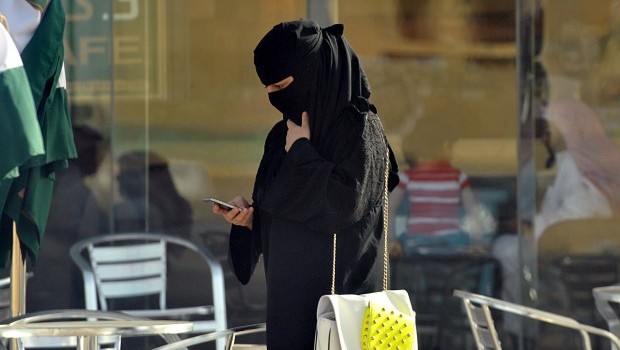The problem facing women’s participation in national affairs relates to changing roles and ideas of personal status. I don’t think the entrance of women into the Shura Council truly fulfilled Saudi women’s ambitions. In truth, the struggle of women to play a full role in national life over the past 30 years continues today through their objection to and protests against their marginalization.
Before women entered the Shura Council, there were two impediments before facing them. The first political obstacle was the lack of a resolution that allowed women to participation participate with men in such a council. However, the great Kking and reformer Abdullah Bin Abduilaziz removed this obstacle, and women have become active participants in the Shura Council. Even though some men revived objections to this development after the royal decree allowing it, those voices passed into history and are now outdated.
The second obstacle was social and cultural in nature. The political field has been opened, as women requested, allowing them into all areas of leadership, but the cultural legacy remains a nightmare for women. The perception of women as inferior continues to haunt them and permeates the culture. Both men and women hold this view, particularly those who have a traditional conception of the role of women in society. The problem is that women&8212;—whether in the Shura Council or at the helm of any ministry——have not been freed by the culture but are still haunted by society’s derogatory perception of them. We all saw the series of “jokes” launched against the female members of the Shura Council. Humor reveals a culture’s tropes and reveals what it finds significant. These jokes shows the actual distance between a woman with full human and civil rights and a woman functionally paralyzed because of traditional cultural obstacles——obstacles which that are strictly held upupheld by guardians of old customs and legacies.
In Saudi Arabia, society has always lagged behind the political system in this regard.
There have been numerous government initiatives to empower women: decisions on education, work, changing the role of women,, and opening pathways to administrative and diplomatic leadership. All of these projects, however, were followed by protests of by those claiming to be the guardians of Saudi Arabia’s identity and virtue.
Nevertheless, several initiatives have passed, from developing girls’ education, to women’s membership in the Shura Council and their leadership positions in ministries and institutions. I honestly hope that these landmark projects continue to advance. The entrance of women came at the right time ——because of the Saudi leadership’s balanced judgment——, and now the burden is on the people, on society and men in the Council, to deal with the empowerment of women and expand their view of the issue.
Saudi Arabia is a large and diverse country. Its enlightened political leadership maintains the foundations of religion and society, faces the challenges of the era,, and takes the lead in the race of civilized societies. Women should not be the sole issue to provethat proves the strength of our modernization. We have more than one area that we need to make great leaps in. For example, we need to develop and continue to work on women’s education, their participation in the workforce, and public perceptions and laws related to their personal status and protection from harassment and abuse. This could lead to reforms of personal status for women so that it is comparable to a man’s, but without a strict and complete separation between women and men, and without strife in the media.
In With regards to women entering municipal councils, as I said earlier, the problem is not whether women enter or not;, instead, the problem is changing women’s position in society and the perception of their personal status, in addition to the effectiveness of their presence on councils and their ability to make progress. There are areas where neither men nor women have succeeded, and I’m afraid that the municipal councils will be among one of the areas that fails. So it makes no sense to talk about women entering such positions or men remaining alone at the helm of these councils.
Certainly King Abdullah opened the door to all areas for women——the ball is now in society’s court, not that of political institutions. We have to change the way we think. We need to move beyond creating loopholes for women, so that they will move forward on their own without the help of someone else providing them opportunities at every level and in every area.
The counterpoint to this article can be read here
